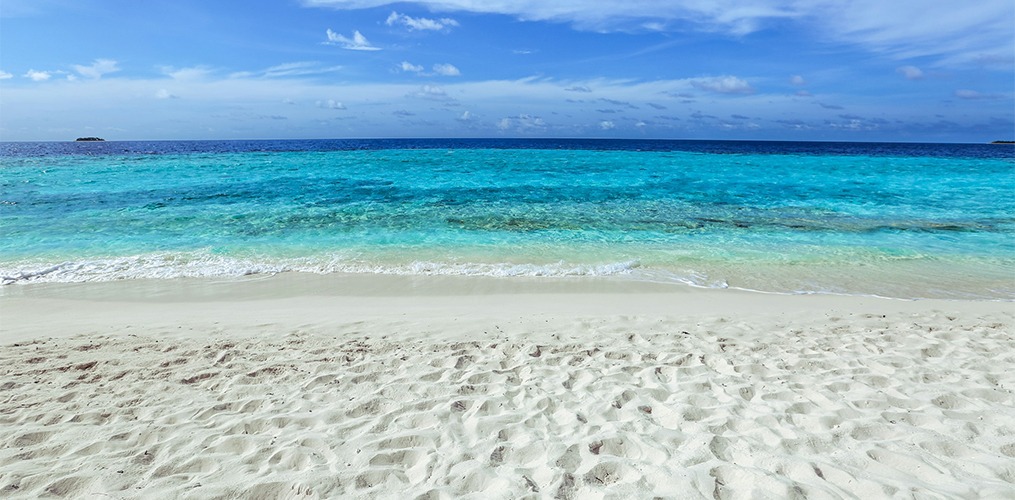
The IX International Sandy Beaches Symposium was held in Lecce, Italy, on June 24-27 2024. The event was an opportunity to bring the world’s leading experts on sandy coastal ecosystems together in the city.
Past, present, and future of sandy beaches were at the center of the symposium: biodiversity loss, abundance, distribution and dynamics of species of sandy beach ecosystems, climate change impacts, anthropogenic pressures (fisheries, tourism, etc), urbanization, the key role of marine protected areas, and the challenges of creating a network between them, coastal erosion and mitigation strategies, insights from environmental DNA metabarcoding and advanced statistical models, are some of the many topics brought up for discussion by experts from all over the globe.
From Orkney sandy beaches, in Scotland, to the coastal ecosystems of Namibia and Costa Rica, to the sandy beaches of California and Apulia region: the event gathered some of the most renowned experts in the field, offering a unique opportunity to explore the latest research and developments in this disciplinary area, while illustrating to the public the importance of sandy beaches and the challenges we are facing in safeguarding these fragile and threatened ecosystems.
The symposium was an opportunity to present and discuss the state of the art in the field of sandy beach research, from a national, regional and global perspective. The event was organized by the University of Salento, with the support of LifeWatch ERIC.
Among the scientists invited as high-level keynote speakers were: Prof. John M Baxter, University of St Andrews and Heriot-Watt University; Prof. Omar Defeo, Unidad de Ciencias del Mar, Universidad de la Republica, Uruguay; Prof. Mike Elliott, Professor of Estuarine and Coastal Sciences at the University of Hull, UK; Dr. Shinji Sassa, Chair of the International Technical Committee on Scour and Erosion National Institute of Maritime, Port and Aviation Technology, Japan; Prof. Alberto Basset, Full Professor of Ecology at the University of Salento and LifeWatch ERIC Service Centre Director; Dr. Lucia Fanini, researcher at the University of Salento, etc.
To learn more about the International Sandy Beaches Symposium, please visit the dedicated website: https://isbsymposium.org/